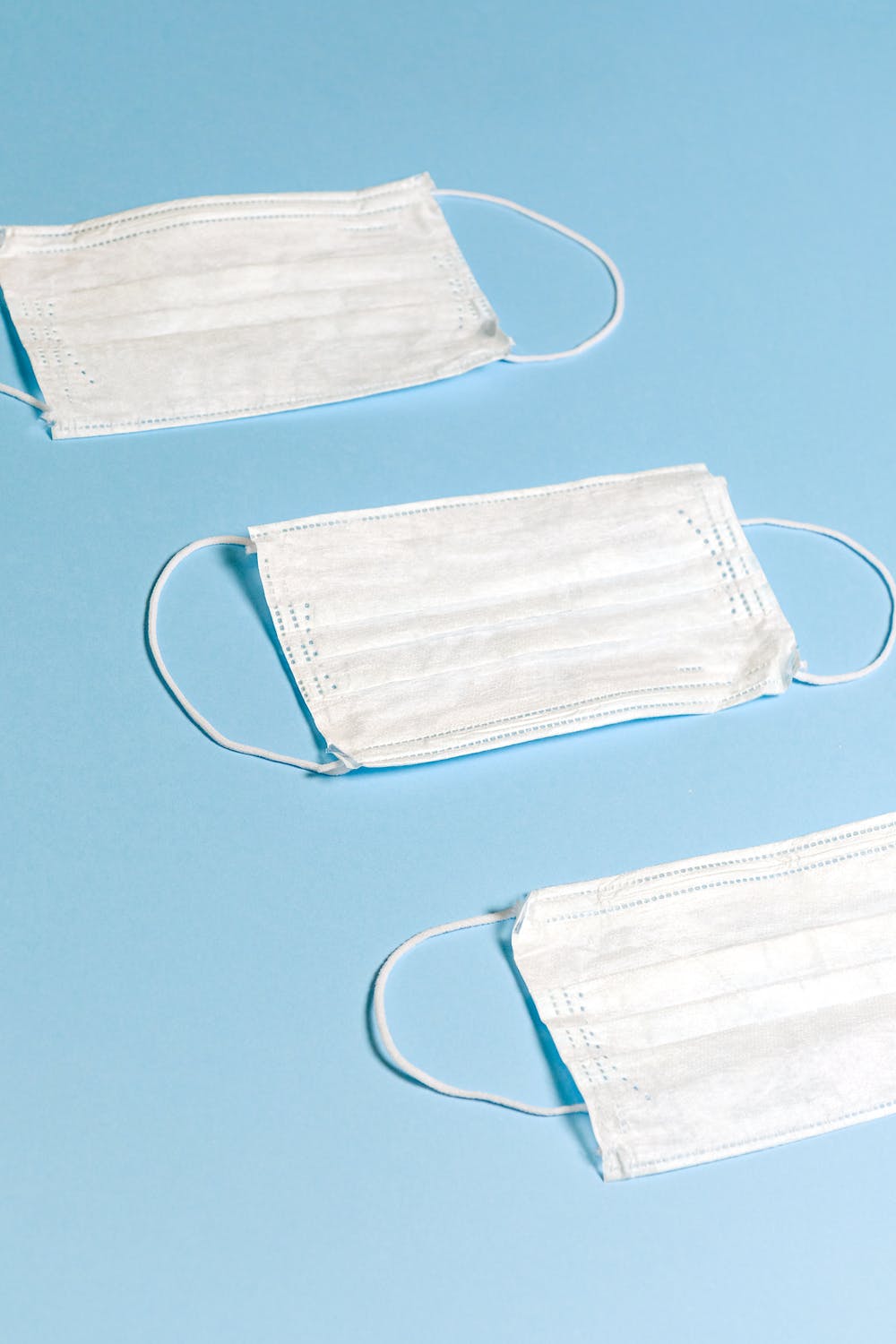Author Interviews, Columbia, COVID -19 Coronavirus, Exercise - Fitness, Heart Disease, JAMA / 05.03.2021
COVID-19: Using Guidelines, Safe Return to Sports is Possible
MedicalResearch.com Interview with:
David J. Engel, MD, FACC
Division of Cardiology
Columbia University Irving Medical Center
New York, New York
MedicalResearch.com: What is the background for this study?
Response: Early reports and observations in the COVID-19 pandemic found that patients recovering from mild to severe forms of COVID-19 illness had a higher prevalence of cardiac injury in comparison with what historically has been seen and reported with other viruses. This cardiac injury, categorized as inflammatory heart disease, could have serious implications, including a risk for exercise-triggered sudden cardiac death, for athletes and highly active people who have had prior COVID-19 illness and who return to intensive exercise activity with unknowing subclinical cardiac injury.
To address these concerns in COVID positive athletes, the ACC generated return to play cardiac screening recommendations (troponin blood test, ECG, resting echocardiogram) for all competitive athletes after COVID-19 infection prior to resumption of competitive and intensive sport activity. The professional leagues were among the first organizations to return to full-scale sport activity in the setting of the pandemic, and they uniformly adopted and implemented the ACC return to play screening recommendations for all athletes that tested positive for COVID-19. The leagues recognized that there was value in collaborating and formally analyzing their pooled cardiac data, not only for league athlete health and safety purposes, but also to share broadly this information to add to the growing body of knowledge about the virus.
(more…)




 Laura M. Bogart, PhD
Senior Behavioral Scientist
RAND Corporation
Santa Monica, CA 90407-2138
MedicalResearch.com: What is the background for this study?
Response: Recent media polls continue to show that Black Americans are less likely to intend to get the COVID-19 vaccine than White Americans, and initial state data show a similar racial/ethnic disparity in vaccination rates. Initial uptake of the vaccine has been significantly affected by inequities in vaccine access and supply. In addition to these challenges, other factors contribute to hesitancy around vaccination, including self-perceived risk of infection, trust in the vaccine itself, trust in healthcare systems, healthcare providers, and policymakers who support the vaccine, and trust in the pharmaceutical industry and clinical research. In this study, we conducted a survey of a nationally representative sample of 207 Black Americans in late 2020, after initial COVID-19 vaccine effectiveness and safety data were released to the public. We also did in-depth interviews with a subsample of those surveyed who said that they would not get vaccinated. In addition, we engaged with a stakeholder advisory committee comprised of individuals who represent different subgroups and organizations in Black communities in the U.S., in order to discuss the results and make recommendations for policies to increase COVID-19 vaccination among Black Americans.
Laura M. Bogart, PhD
Senior Behavioral Scientist
RAND Corporation
Santa Monica, CA 90407-2138
MedicalResearch.com: What is the background for this study?
Response: Recent media polls continue to show that Black Americans are less likely to intend to get the COVID-19 vaccine than White Americans, and initial state data show a similar racial/ethnic disparity in vaccination rates. Initial uptake of the vaccine has been significantly affected by inequities in vaccine access and supply. In addition to these challenges, other factors contribute to hesitancy around vaccination, including self-perceived risk of infection, trust in the vaccine itself, trust in healthcare systems, healthcare providers, and policymakers who support the vaccine, and trust in the pharmaceutical industry and clinical research. In this study, we conducted a survey of a nationally representative sample of 207 Black Americans in late 2020, after initial COVID-19 vaccine effectiveness and safety data were released to the public. We also did in-depth interviews with a subsample of those surveyed who said that they would not get vaccinated. In addition, we engaged with a stakeholder advisory committee comprised of individuals who represent different subgroups and organizations in Black communities in the U.S., in order to discuss the results and make recommendations for policies to increase COVID-19 vaccination among Black Americans. 



















